世界那么广阔,我们那么渺小,可是有那么多地方,我们都真实地驻足过,深深地热爱过。
By Simina Mistreanu
Journalist Peter Hessler wrote a story for the New Yorker in 2006 in which he described his hutong in downtown Beijing – a charming alley where people lived in communion and where street venders supplied vegetables, cooking oil and toilet paper.
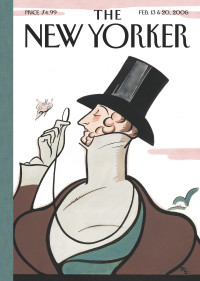
Peter Hessler06年在《纽约客》中写到一条北京市中心的胡同。迷人的街头巷尾,胡同人家和谐共处,街头小贩朗声吆喝,蔬菜用品供应齐全。
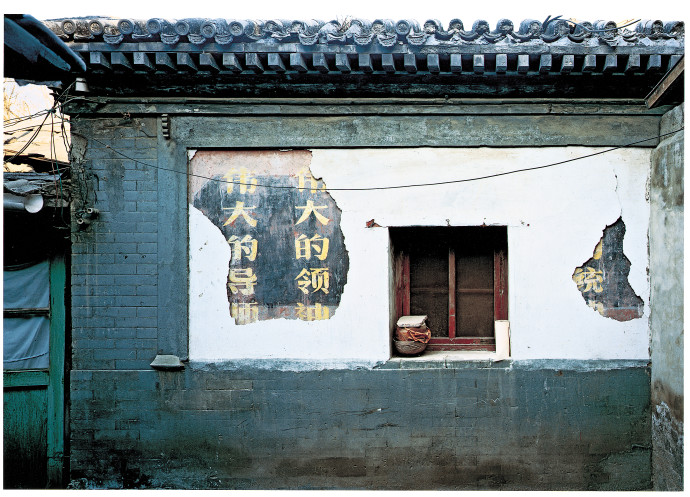
I recently reread Hessler’s story and visited his hutong (Xiaoju’er Hutong, near Jiaodaokou Street). Remarkably, not much has changed there, even though the surrounding commercial streets are bustling with activity.
Ten years ago, Hessler’s story made an impact on people, and even compelled some to find a home in the hutongs. It got me thinking about the importance, and magic, of writing with a sense of place.
最近重读这篇文章,有幸游览了文章中提到的交道口大街附近的小菊儿胡同。那里竟和十年前的描述并无两样,只是街边多了些被商业区吸引来的熙熙攘攘的人群。十年前,这篇故事给很多人留下了很深的印象,一些人甚至因此在胡同里安了家。这使我开始思考在写作中去感受一个地方的重要性和它的奇妙魔力。
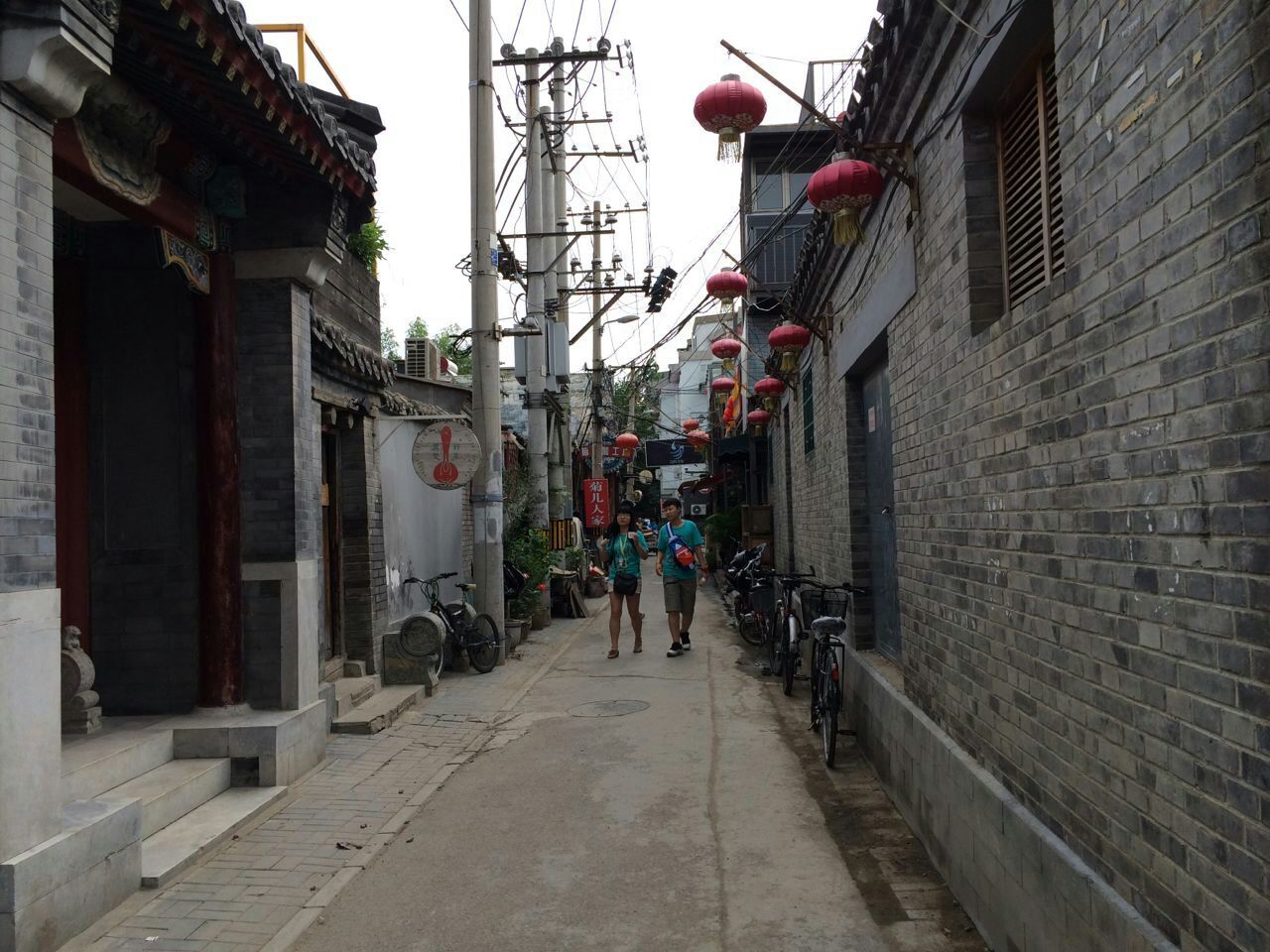
My favorite writer about “place” is Alexis de Tocqueville, author of Democracy in America (1835). In 1831, the 25-year-old Frenchman was sent by the French government to document America’s prison system. De Tocqueville traveled extensively and observed keenly, well beyond the prison system.
在很多描绘“地点”的作家中,我最喜欢的是亚历克西斯•托克维尔,《美国民主》(1835年)的作者。1831年,这个25岁的法国人被法国政府派到美国记录美国的监狱系统。托克维尔游历广泛,观察入微,他的记录远远超出了监狱系统本身。
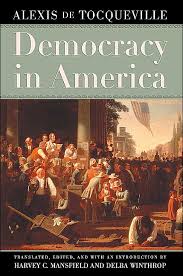
The resulting book analyzed Americans’ relationship with the political system they were in. Back then, France was only four decades away from abolishing aristocracy, but America had started out as a democracy.
De Tocqueville makes simple but insightful remarks about how people act, their beliefs and aspirations – things that we usually take for granted in a society, but which if underlined and provided with context can be eye-opening.
书里分析了美国与它所在的政治体系间的关系。那时候,法国废除了贵族统治仅仅40年,而美国已经开始逐步走向民主。托克维尔对当时人们的反应,信仰和愿望做了简洁精辟的刻画。这些现代社会看来习以为常的细节,如果当做重点来看,加之前后背景介绍,就会让人大开眼界。
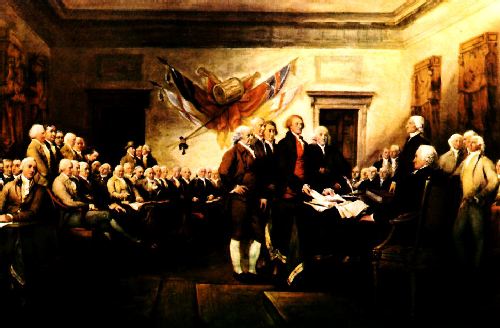
Many of his observations are still valid today. De Tocqueville wrote, for example, that Americans have a “principle of self-interest rightly understood,” which is that while they go about their business and cater to their own needs, they understand that society’s best interest is also their own. So they easily transition back and forth between serving their personal interest and the society.
At the same time, de Tocqueville hinted at the growing discrepancy between people who do low-paying jobs, such as factory workers, and the rich. He said this imbalance will grow to the point where the society will resemble an aristocracy (a valid observation today in America as well as in China).
托克维尔观察到的很多事物到现在仍然存在。比如美国人对自利原则有正确的理解,他们做事是为了满足自己的需求,但同时他们也明白社会最大化利益也是他们自己的利益。所以他们很轻松的度过了徘徊于自身利益和社会利益的过渡期。同时他还暗示了低收入的工人与富人之间逐渐拉大的贫富差距。“这种不平衡的继续发展,会最终导致整个社会变成一个贵族体系。”
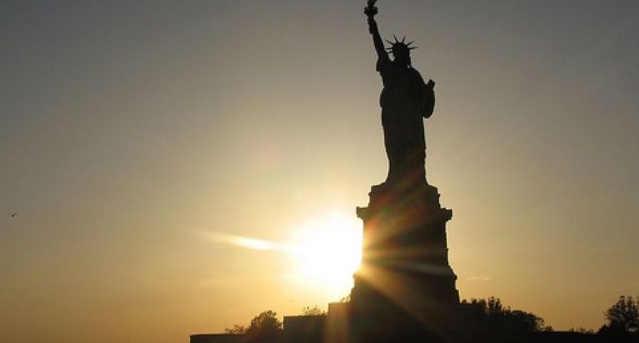
If de Tocqueville used ideas to build places, another one of my favorite writers, Dan Barry, does it with images. Barry is a writer for The New York Times, known for his talent in building a sense of place.
Whenever he writes a story, he describes what the setting looks and feels like as well as its history. Thus, readers become immersed in the place and start caring about the characters who will experience something there.
如果托克维尔用了“想法”来塑造地方,那么另外一个我很喜欢的作家丹·巴瑞就是用“图像”。巴瑞是《纽约时报》的记者,不论写什么故事他都会花浓墨去描述周围的环境、他的感受以及这个地方的历史。因此,读他的文章很容易有身临其境的感觉,而由此,读者也会感同身受在那个环境下成长的人物。
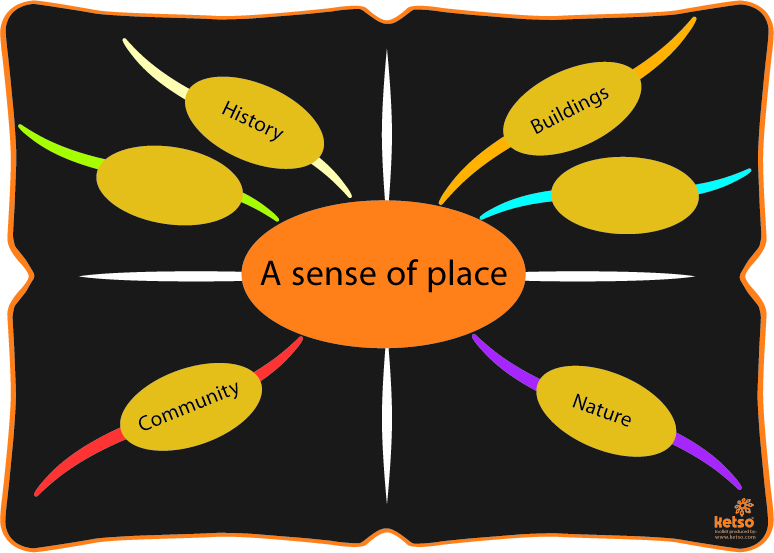
Along with building the setting, Barry creates a sense of mystery at the beginning of his stories, so that readers will want to follow through.
在描述周围环境的同时,巴瑞还非常擅长在故事开通塑造神秘的气氛来勾起读者继续读下去的欲望。
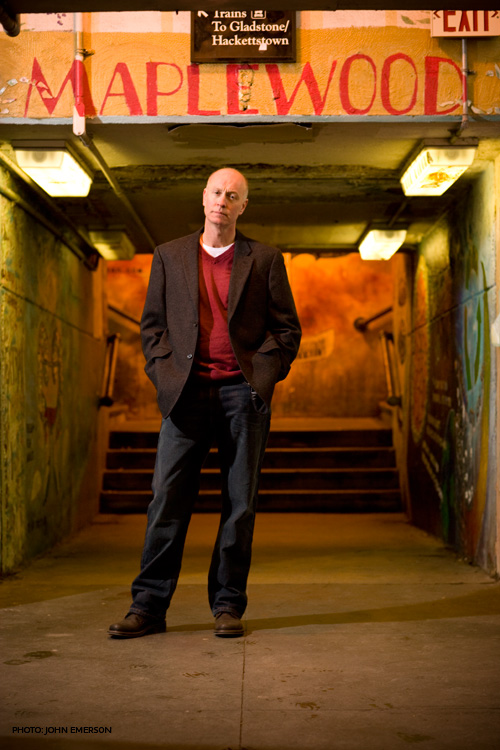
Another journalist who is an expert at building a sense of place is my editor and professor at the University of Missouri, Jacqui Banaszynski.
In her 30-year reporting career, Jacqui has written long narratives from every continent. But now she writes bite-size dispatches from places she visits -- small enough to post on Facebook or Twitter, but detailed enough to be evocative. She calls them “postcard notes.” Here’s one she wrote after having breakfast at my mom’s home in western Transylvania:
另外一个很擅长塑造“地点”的专家是密苏里大学教授Jacqui Banaszynski。 在她将近30年的记者生涯中,她的长篇叙述性报道几乎出现在每个大洲上。但现在她注重于短小精悍的描写她去过的地方——小到可以在facebook和twitter上发布但是短短一段的细节却蕴含无限的能量。她称它们为“明信片注释”。 下面这段是她在跟我母亲在西特兰西瓦尼亚吃完早餐后写下的:
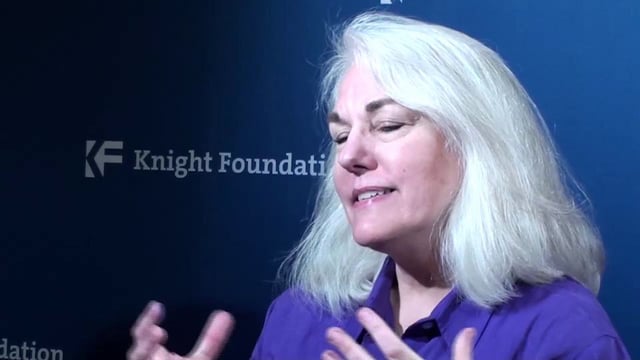
Romanian Retrospective 14 (10.15.2012)
Breakfast in Socodor, far western Transylvania.
This was served the morning after a huge welcome dinner the night before. All made at Simina Mistreanu’s mother’s village farm or that of the neighbors.
The tomatoes were picked that morning, served with the dew still on them and sweet as apples. Cheese and bread were delivered fresh by neighbors. Large plate of fat-back served with enthusiasm, but I said my health insurance would be cancelled if I indulged.
罗马尼亚回顾14(10.15.2012)
在西特兰西瓦尼亚Socodor吃完早餐。吃这顿早餐的前一天晚上我享用了盛大的欢迎晚餐。那份晚餐的食材都是从Simina Mistreanu的母亲的农场或者她的邻居那里获得的。西红柿是当天早上摘好的,装在盘子里的时候我还能看见西红柿上的露水,它们甜的就像苹果一样。邻居们也热情的献出了新鲜的芝士和面包。她们还热情的端上了一大盘上好的背部肥肉,但是我对她们说如果我放纵自己我的健康保险大概是需要取消了。
So no matter what your profession is and where you are located, take some time today to think about how you can build a sense of place in your work or in your spare time.
所以,不论你的职业是什么,身处何方,从今天起就花点时间去探索吧,找到一种可以塑造和感知周围情境的能力,不论是在工作还是生活中。




评论